With some prescription medicines banned during pregnancy, it’s not surprising that many women now seek alternative treatments for health problems. Here’s what’s deemed suitable*, and why.
* For each of these therapies, always look for a qualified practitioner with experience of treating pregnant women.
Acupuncture
What is acupuncture?
This ancient Chinese therapy is said to unblock qi (pronounced chee), or flow of energy, along pathways called meridians in the body. Tiny needles are inserted at places corresponding to nerves that, when stimulated, can release brain chemicals including endorphins to block pain signals.
What is acupuncture used for during pregnancy?
Acupuncture is used to treat a variety of ailments during pregnancy including morning sickness, lower back pain, pain in the pelvis, depression, sleeping problems and headaches.
What to be aware of:
Some pressure points are said to induce labour if you’re overdue. A therapist experienced in treating pregnant women will avoid those areas at any other time during pregnancy. For more information, visit the British Acupuncture Council
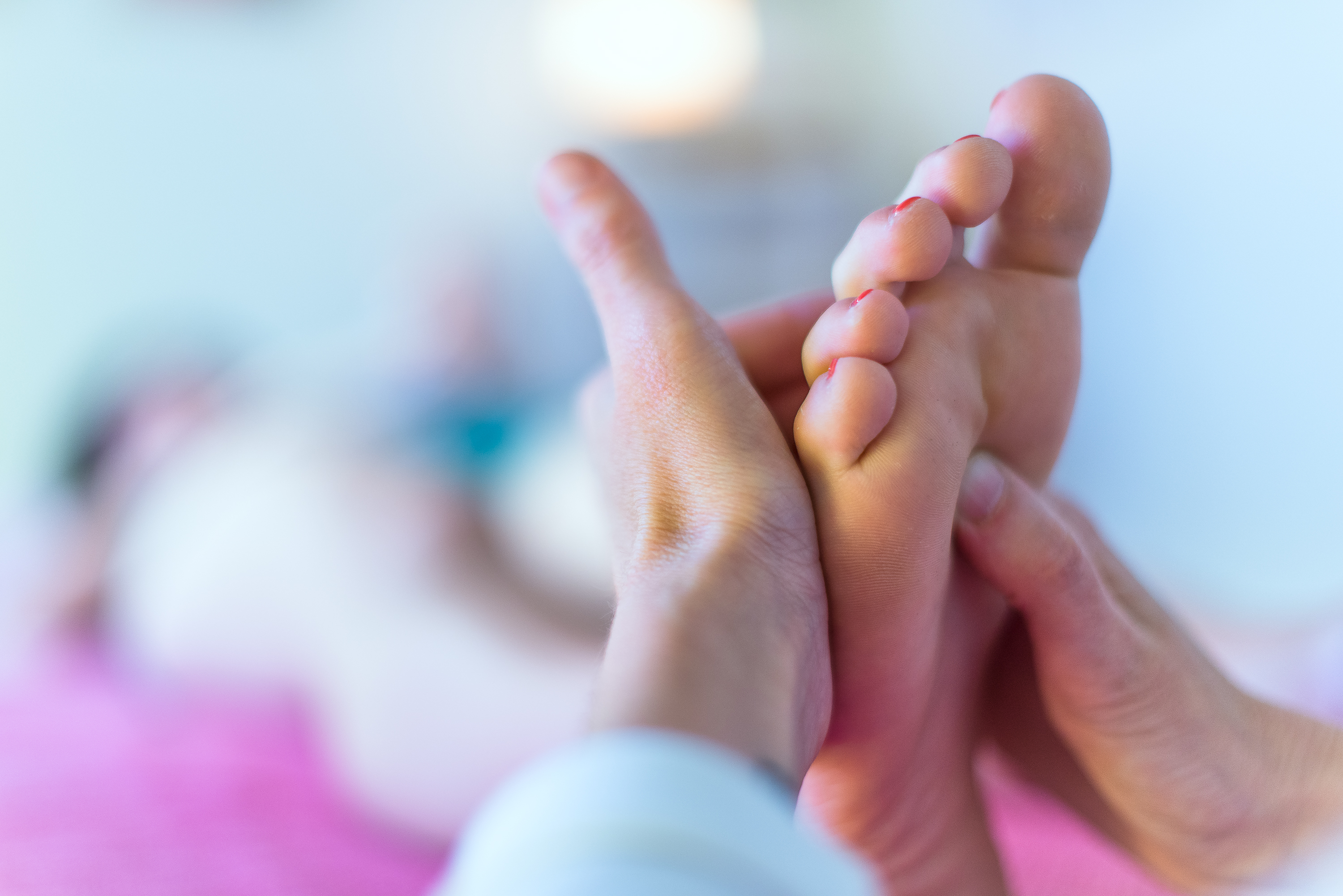
Reflexology
What is reflexology?
Reflexology is a non-invasive therapy performed primarily on the feet (also on legs, hands, face and ears) that works by stimulating pressure points corresponding with the body’s organs. It brings problem areas back into balance.
What is reflexology in pregnancy used for?
Maternity reflexology helps with the aching, tired feet you’ll get from the extra weight you’re carrying. It can also relax you and help you sleep, especially in the third trimester. It should help you feel more energised and relieve constipation, back and pubic pain. You may feel tired, thirsty, nauseous or emotional afterwards.
What to be aware of
Some pressure points are said to induce labour if you’re overdue. A therapist experienced in treating pregnant women will avoid those areas at any other time during pregnancy. For more information, visit the Association of Reflexologists
Chiropractic Care
What is chiropractic care?
Chiropractors use gentle manipulation to improve the mobility of the spine and other joints, increase range of movement and reduce pain. In addition, practitioners may use heat, ice and ultrasound and advise on exercises and posture.
What is chiropractic treatment used for during pregnancy?
Chiropractic benefits during pregnancy range from back pain treatment, caused by the extra weight of your baby, or by poor posture to neck, hip and joint point. Chiropractic treatment can also help soothe pelvic pain and poor alignment of the pelvis.
What to be aware of:
Avoid if you have; vaginal bleeding, placenta previa, placenta abruption, toxaemia, ectopic pregnancy. For more information, visit the British Chiropractic Association.
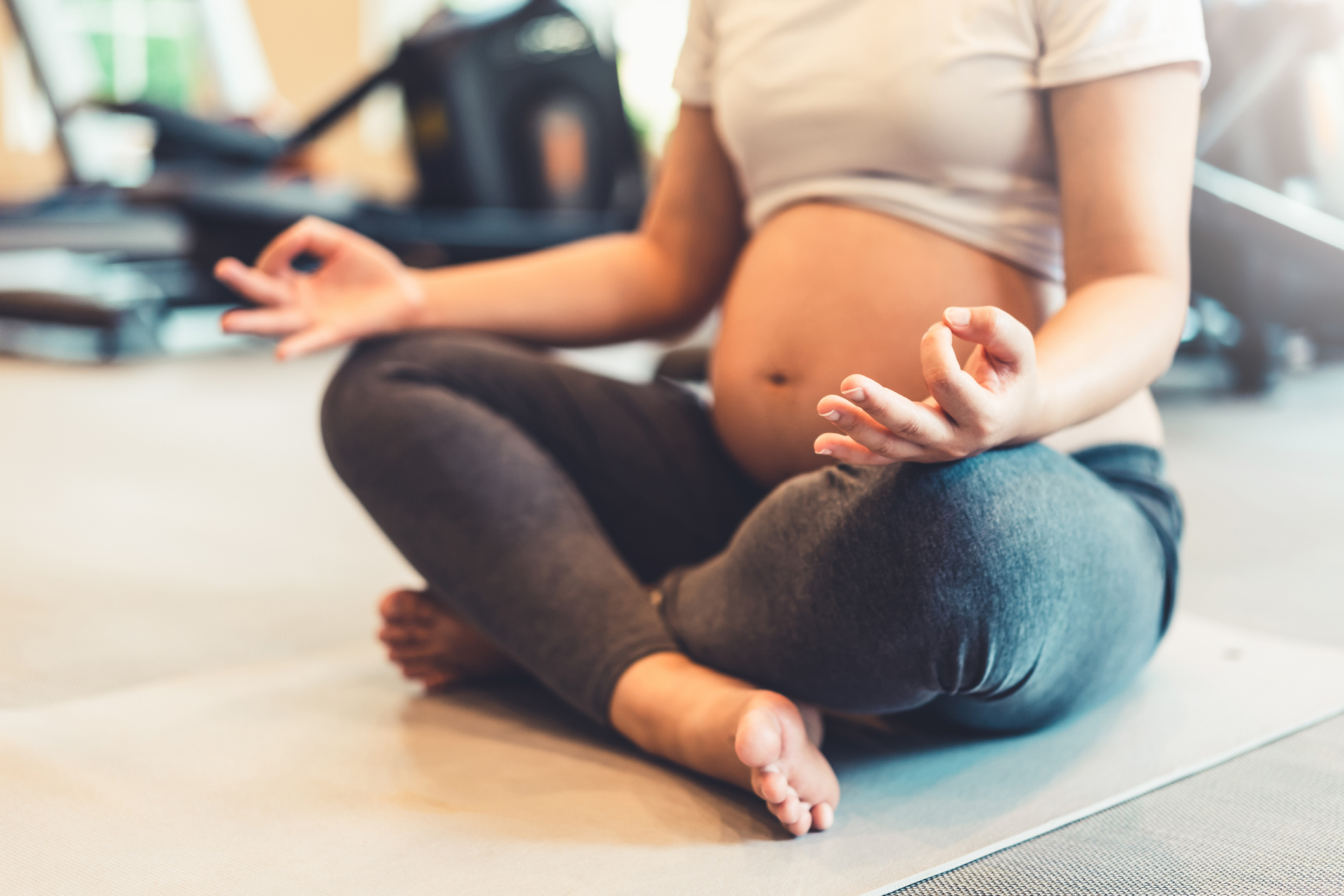
Meditation
What is meditation?
This ancient form of complementary medicine has gained increased popularity in the West over recent decades. It involves concentrating, focussing the attention and repeating sounds (a ‘mantra’). During meditation, you are encouraged to focus on things that are worrying you and examine them, without judgement.
What is meditation used for during pregnancy?:
Pregnancy meditation techniques can be useful for depression, stress and anxiety, mood changes and poor sleep patterns. The deep breathing associated with meditation keeps you well oxygenated and relaxes muscles.
What to be aware of:
There do not seem to be any adverse effects, though if you have anxiety or depression, it’s best to talk to a doctor; don’t use this as a self-prescribed treatment. For more information, visit the British Association of Mindfulness-based Approaches.
Hydrotherapy
What is hydrotherapy?
Also known as Watsu, this is a guided set of movements in warm water, like physiotherapy in a pool. It’s useful in pregnancy, as the water takes the weight off your bump. It allows the therapist to move you in ways that would not be possible on a table.
What is hydrotherapy used for during pregnancy?
Pregnancy hydrotherapy is used to reduce muscle and joint pain, offer a bigger range of movement in the spine or joints and strengthen weak muscles. It mobilises and lengthens your muscles and helps with deep relaxation.
What to be aware of:
Water should never be hot, which is dangerous in pregnancy. You may need to have your face submerged in the water for short amounts of time; tell your therapist if you’re not comfortable with that. For more information, visit the Federation of Holistic Therapists.
Homeopathy
What is homeopathy?
Based on the ideas of Samuel Hahnemann, who in the 1790s created a way of making highly diluted remedies, mainly from plants. The principal behind the treatments is that ‘like cures like’ so as an easy-to-understand example, caffeine is known to cause anxiety and sleeplessness when taken in large amounts. Taking a very small amount can be used to treat these symptoms.
Though controversial, some treatments have made it into mainstream medicine, such as the use of Ritalin to treat ADHD and pollen to treat hayfever. The remedies are said to trigger the body’s ability to heal.
What is homeopathic treatment used for during pregnancy?
Homeopathy for pregnancy has a number of uses, including treating hay fever, digestive problems, dry skin, eczema, bruising, nausea, muscular pain and more.
What to be aware of:
There is a lot of scepticism, with a 2010 House of Commons Science and Technology Committee report saying that it “performed no better than placebos.” Tell your doctor if you are using homeopathic treatments. They are generally considered safe. For more information, visit the Society of Homeopaths.
Naturopathy
What is naturopathy?
This is a holistic set of treatments including natural remedies, acupuncture, exercise, massage and traditional treatments. The aim is to treat the entire person, physically and mentally and to get to the root of problems rather than treating symptoms.
What is naturopathy used for during pregnancy?
Naturopathy can help treat headaches, pain, Chronic Fatigue Syndrome, fertility problems, allergies, obesity, and more.
What to be aware of:
Some herbal treatments may interfere with prescription medicine; spinal adjustments can potentially lead to injury and some treatments such as detox diets may be unsuitable for some. Discuss this with your doctor. For more information, visit the College of Naturopathic Medicine.
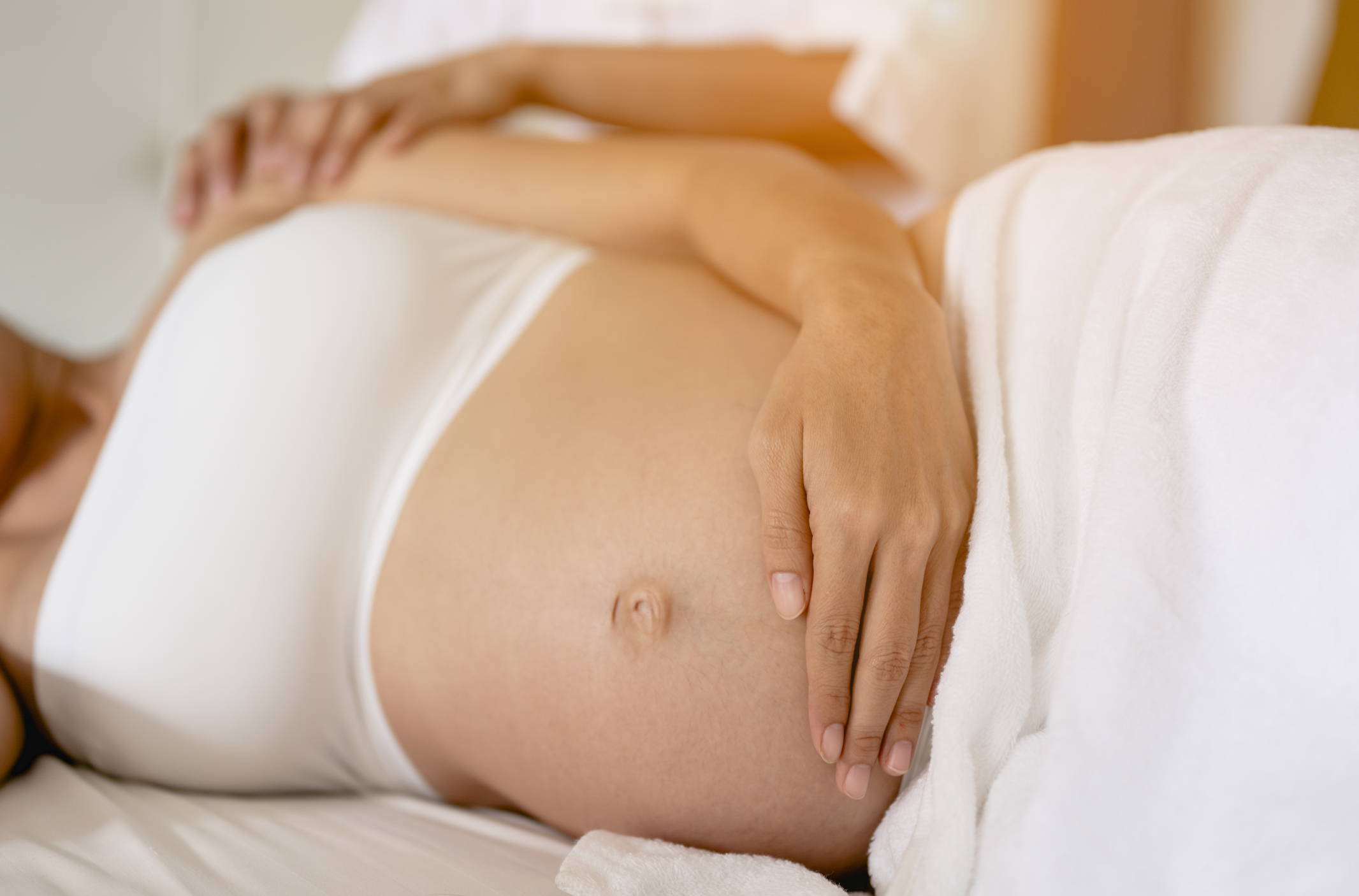
Massage Therapy
What is massage therapy?
Most of us are aware of massage and how it can be used to relax and make you feel less stressed. It is a system of kneading and rubbing parts of the body with the hands (or sometimes arms, elbows, or warm stones) to ease out tensions.
What is massage therapy used for during pregnancy?
Massage can be used to ease muscle knots, improve circulation, help you relax, reduce pain and eliminate waste products. Specialist prenatal techniques relieve pressure on the lower back, hips and legs and reduce tiredness and stress. Therapists will be careful to place you in positions that relieve pressure such as on your side or sitting (not on your front).
What to be aware of:
You’ll need to be comfortable with being almost naked with a therapist. For more information, visit the National Association of Massage and Manipulative Therapists.
Aromatherapy
What is aromatherapy?
Used to promote wellbeing and health and to help treat specific problems, it uses plant and flower extracts derived as essential oils and treats both your body and mind. Oils can be applied directly to the body or used in inhalers, atomisers, steamers, or body treatments.
What is aromatherapy used for during pregnancy?
Aromatherapy oils are used to treat a number of health problems including digestive problems, pain, stress and anxiety. They are also used to assist natural sleep, to fight off bacteria and fungus, to boost the immunity, help the pains of labour, and much more.
What to be aware of:
Some oils are unsafe in pregnancy and labour. Oils should be diluted before being put on the skin. For more information, visit the National Association for Holistic Aromatherapy.
What alternative therapies helped you?
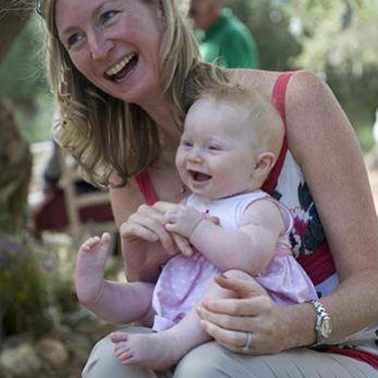
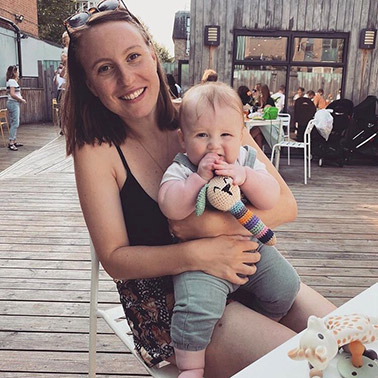

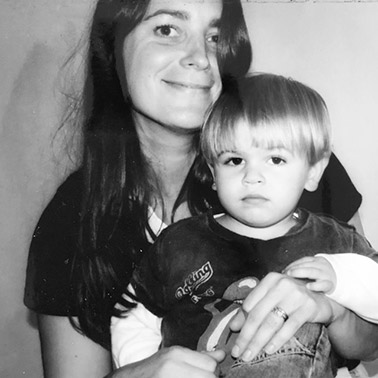


 your parenting partner
your parenting partner